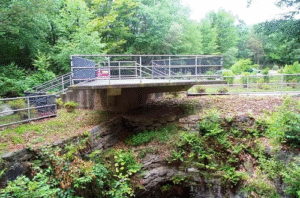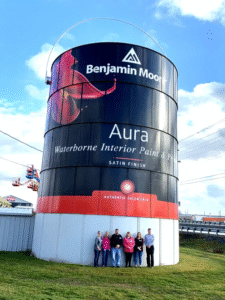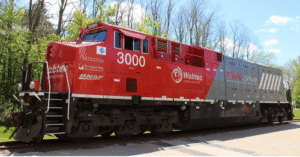In a major leap forward for clean energy research, the WEST (Tungsten (W) Environment in Steady-state Tokamak) experimental reactor in France has shattered previous records by sustaining nuclear fusion plasma for an unprecedented duration, marking a significant milestone in the global pursuit of sustainable fusion energy.
The French tokamak reactor, operated by the French Alternative Energies and Atomic Energy Commission (CEA), managed to maintain high-temperature plasma for 6 minutes, surpassing all earlier records in fusion longevity. This achievement underscores WEST’s growing importance in advancing the ITER project, the world’s largest fusion experiment, being constructed in southern France.
Scientists working on WEST aim to replicate the energy-producing process of the Sun, where hydrogen atoms fuse under immense heat and pressure to form helium — releasing vast amounts of energy in the process. Fusion promises an abundant, safe, and carbon-free energy source, without the long-lived radioactive waste associated with fission.
“This is not just a technical achievement — it’s a signal to the world that controlled nuclear fusion is no longer science fiction. We are getting closer to making it a viable energy solution,” said Bernard Bigot, Director-General of the ITER Organization.
WEST’s success comes as global fusion initiatives accelerate, with breakthroughs being reported from labs in the US, UK, South Korea, and China. But the duration and stability achieved by WEST give it a significant edge in the global race.
If the trend continues, experts believe fusion energy could be a commercial reality by the 2040s — offering a clean alternative to fossil fuels and helping the world tackle climate change on a massive scale.







